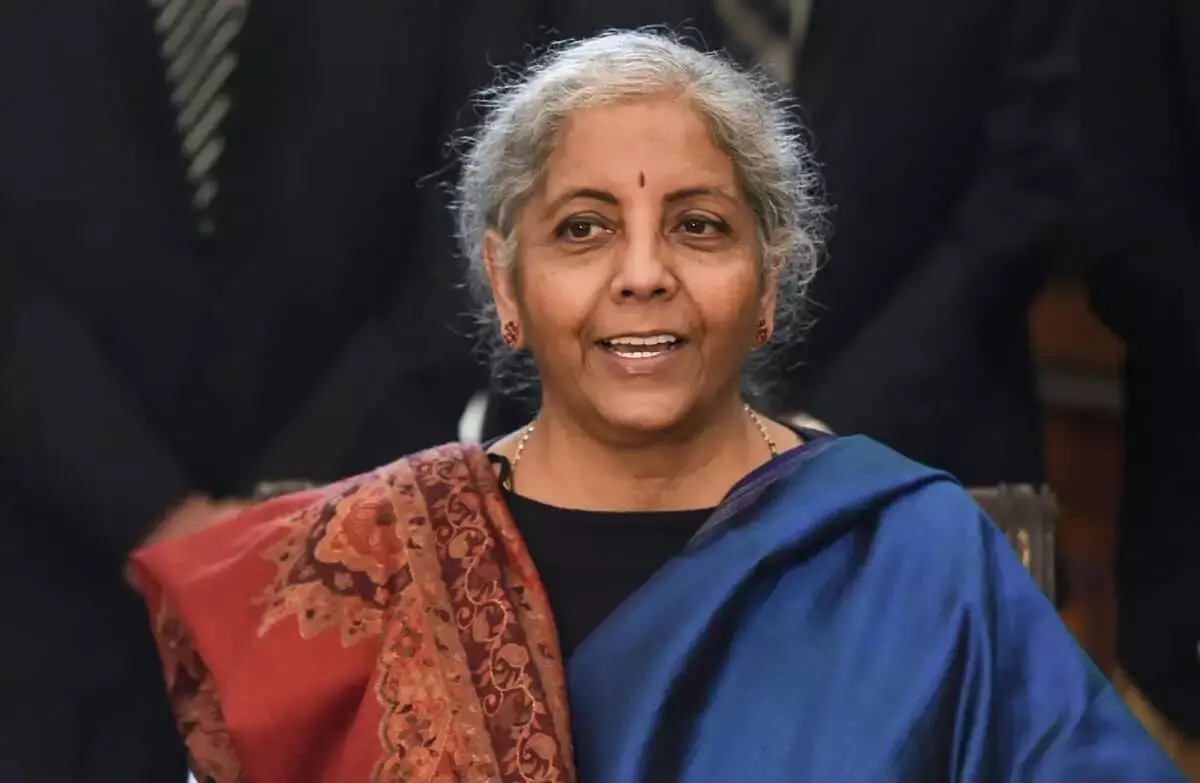GST Council’s Latest Decisions: A Look at the New Cost Reductions
During its meeting on Monday, the GST Council introduced tax cuts on various goods and services, including cancer treatments and helicopter travel. Here’s a breakdown of what’s set to become less expensive.
GST Council Meeting

The GST Council announced a series of tax cuts on Monday, affecting various goods and services, including cancer medications and helicopter travel. After the 54th GST Council meeting, Union Finance Minister Nirmala Sitharaman stated that the new rates would be applied prospectively.
What’s Cheaper Now
Helicopter Travel: Taxes on helicopter services for religious travel, such as to Kedarnath and Badrinath, have been reduced from 18% to 5%. Uttarakhand Finance Minister Prem Chand Agarwal highlighted that this change provides needed clarity on the matter.
Metal Scrap: A Reverse Charge Mechanism (RCM) will now apply to metal scrap transactions between unregistered and registered persons, requiring the recipient to pay tax even if the supplier is below the registration threshold. A 2% TDS will also be applied on B-to-B supplies of metal scrap.
Car and Motorcycle Seats: The GST rate on car seats, classified under 9401, will increase from 18% to 28%, aligning them with motorcycle seats, which are already taxed at 28%.
Cancer Drugs: The GST rate on specific cancer drugs like Trastuzumab Deruxtecan, Osimertinib, and Durvalumab has been reduced from 12% to 5%. Sushant Roy, Co-Founder, COO & CBO at Alyve Health, said, “Today, nearly two million cancer cases are reported annually in India, with many patients requiring ongoing medication and treatment. A significant portion of these individuals come from middle-class and lower-income backgrounds, often facing immense financial strain due to the high costs of cancer drugs. The new government initiative to reduce GST on cancer drugs from 12% to 5% is a commendable step in the right direction. This policy will further ease the financial burden on patients and their families, making life-saving treatments more accessible to those who need them most.”
Namkeens and Savory Food Products: GST on namkeens and savory snacks will drop from 18% to 12%, while the rate for unfried or uncooked snack pellets remains at 5%. Experts, including Sudarshan Jain of the Indian Pharmaceutical Alliance, have lauded the move for improving access to life-saving drugs.
Research Funding: Research funds for universities and research centers established by state or central law are now exempt from GST, following recent scrutiny by the Directorate General of GST Intelligence on unpaid taxes since 2017.
Additionally, the Council exempted the import of services by foreign airline companies from related overseas entities if the transaction is without consideration.
Upcoming Changes
The anticipated GST reduction on health insurance premiums has been deferred, with a Group of Ministers (GoM) led by Bihar’s Deputy Chief Minister Samrat Choudhary tasked with examining the issue and providing recommendations by the end of October. Another GoM will assess the treatment of funds collected through the compensation cess after its expiration.

